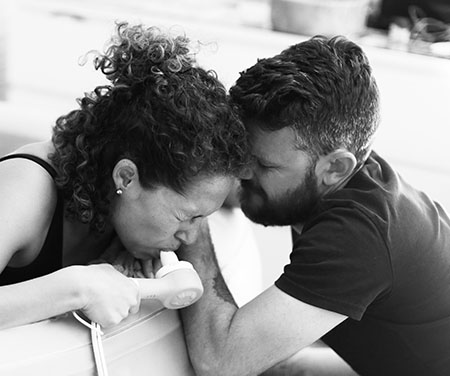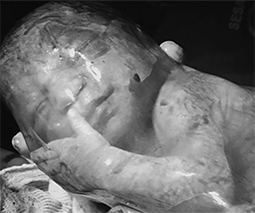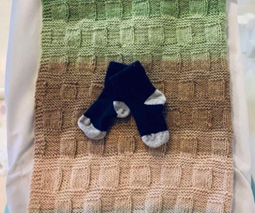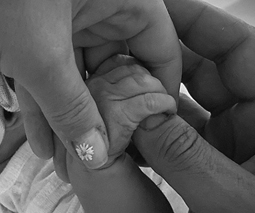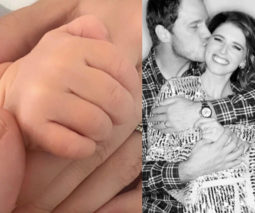Doula versus midwife: What’s the difference?

Being pregnant comes with a hell of a lot of learning, and finding the right type of support crew for your birth is a big part of that.
If you’ve decided to rule out an obstetrician, you’re most likely considering a midwife or doula. But what’s the difference?
Does one offer something better than the other? And can, or should, you have both?
Here are the differences put simply:
A midwife is a registered nurse who has also studied obstetrics, gynaecology and midwifery.
A doula doesn’t provide any medical care. A doula is a trained birth coach who offers physical, emotional and educational support for the mum, either during labour or the postpartum period.
Nadine Richardson is a doula, yoga teacher and Founder of She Births® and Director of The Birthing Institute. Nadine’s attended hundreds of births over the past fifteen years and says working as a doula inspired to start the She Births® program.
“In all my years I have never heard a couple say that having a doula was a waste of time … I’ve only ever heard the comment, ‘Next time, we are getting a doula.’ Doula literally means “to serve woman” and comes from the Latin. They are there to support and nurture the mother through the entire birth journey. Couples who use a doula have a 50 percent lower c-section rate and that’s because they provide consistent care. It doesn’t matter how long the labour goes for, the doula is there with you for the entire time. That means they have a complete understanding of how the labour is unfolding and how everyone (the mum, the partner and even the midwife is feeling). The times when I have seen doula work be the most beneficial is when birth doesn’t go to plan.”
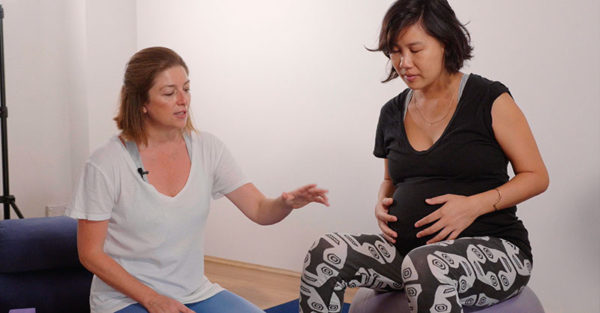
‘My doula got me through labour’
Jemilah, mum of two daughters, now seven and three, agrees. She elected for a midwife and doula for both of her births. She told Babyology that her first baby was born with help from her doula who was training to be a midwife (so, best of both worlds), but she says the best experience was having the roles divided – a midwife and a doula.
“My midwives basically delivered my babies, but the doula got me through labour. As you’re encouraged to stay home as long as possible before heading to hospital, a doula can really help you through the long, intense pre-labour. And your partner might decide to go to sleep – so a doula is a necessity in those situations!”
During Jemilah’s second pregnancy, she engaged with her doula from the start and said she reaped the rewards of having someone understand her journey from the beginning.
“The second time, my doula was my massage therapist. Someone who knew my body backwards and who I trusted completely. She was such a huge help. She came over as soon as I went into labour and was able to really help in the early stages. I felt much more comfortable labouring at home knowing she was there to support me. She was fantastic,” says Jemilah.
Every woman has the right to choose her birth support crew – but by using a doula in addition to a midwife or obstetrician you are making a significant investment in yourself.
